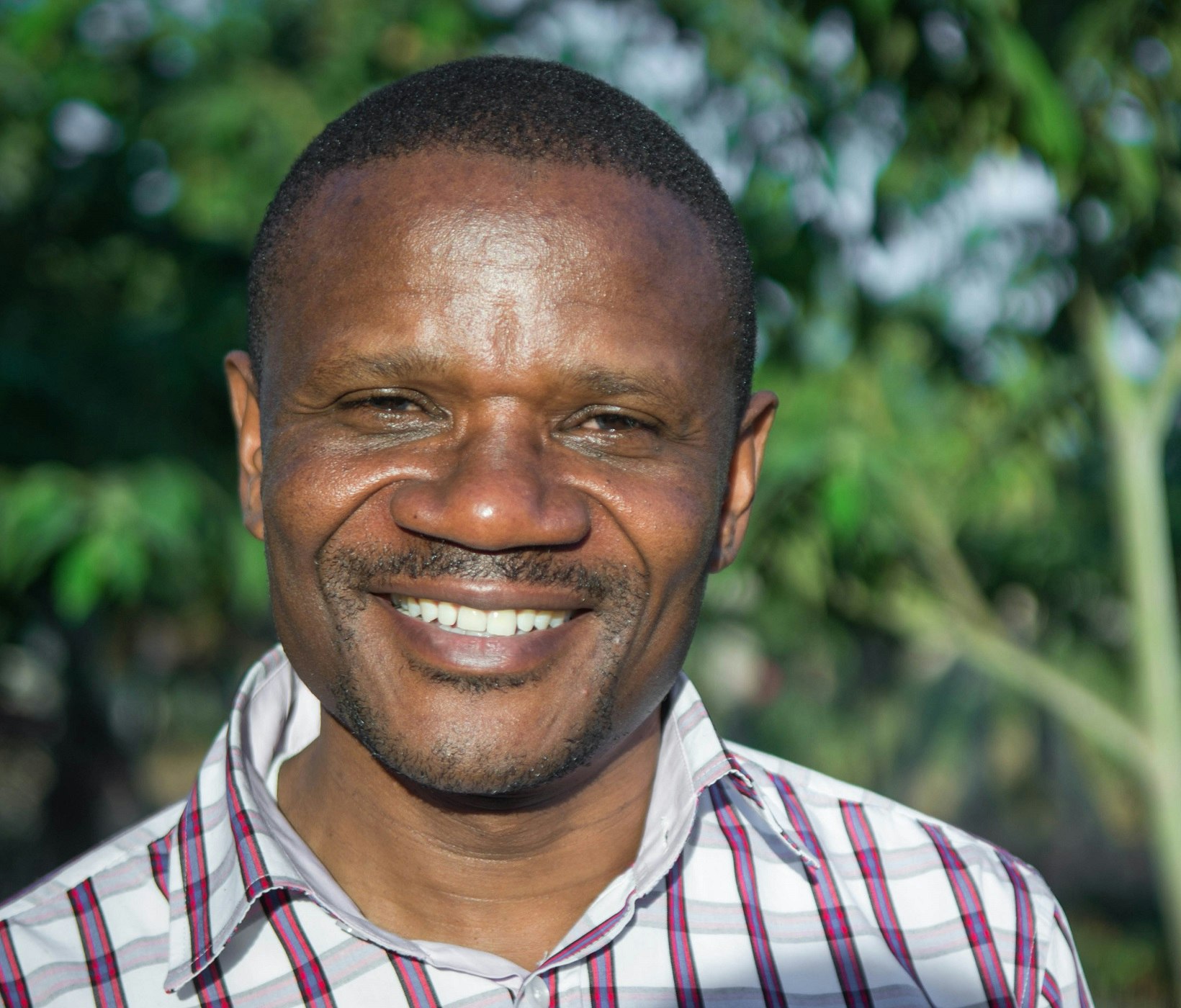The Whitley Award donated by WWF-UK
SUSTAINABLE MANAGEMENT
Half of Tanzania’s forests occur on village lands that are home to some of the country’s poorest rural communities. Historically, land rights were unclear and people had no incentive to care for forests and the wildlife within them. The Mpingo Conservation & Development Initiative (MCDI), directed by Makala Jasper, is empowering communities to change this through sustainable management of forests and the sale of mpingo. Also known as African blackwood, this high value timber is often used for the manufacture of musical instruments.

WORLD HERITAGE SITES
Namatewa village is part of the Coastal Forests of Eastern Africa Biodiversity Hotspot, a mosaic of high conservation value forest. It is situated between two UNESCO World Heritage Sites: the Selous Game Reserve, one of the largest protected areas in Africa, and Kilwa Kisiwani, the 13th century cradle of trade in the Indian Ocean. The Kilwa coastal forests also support an Important Bird Area. Linking this fragmented habitat will support seasonal movements of large mammals such as elephants and lions.

FOREST STEWARDSHIP CERTIFICATION
Since 2006, MCDI has facilitated protection of over 3,000 km² of forest in southeastern Tanzania through participatory forest management. In 2009, it became the first organisation in Africa to be awarded Forest Stewardship Council (FSC) status and remains the continent’s only certified programme for community managed natural forests. The 35 communities involved have seen the price per log increase 100-fold, boosting local income. At the same time, monitoring of key bird species indicates that populations are increasing.

With his Award, Makala will:
- Bring over 5,000 km² of unique coastal forest under community protection at the request of villagers.
- Strengthen local ownership and empower sustainable forest management through FSC certification of forest products, benefiting over 2,500 rural Tanzanians.
- Undertake regular monitoring of birds, mammals and other key wildlife to assess project impact on biodiversity.
Why it matters:
- Tanzania is losing 1% or 4,800 km² of its forests annually.
- Coastal forests harbour exceptionally high levels of endemic plants and 633 bird species.
- Makala’s project offers people earning less than US$1 per day a means to conserve their forest whilst increasing their income.
“Not only do coastal forests serve as a haven for wildlife, but they also represent a lifeline for millions of poor Tanzanians.”
PROJECT UPDATE
2020 CONTINUATION FUNDING
Project: Scaling-up sustainable forest management & FSC certification in southeastern Tanzania
Nature-Based Solutions Award: £70,000 over 2 years
Forests cover more than half of Tanzania, across 48.1 million ha of the country. They play a global role in mitigating climate change, sequestering an estimated 9 trillion tonnes of carbon, as well as being home to 9-11% of endemic species found nowhere else on earth. But habitat fragmentation, biodiversity loss and illegal hunting have all increased since the completion of a major highway connecting the largest city, Dar-es-Salaam, with northern Mozambique.
Makala and his team want to secure Village Land Forest Reserves (VLFRs) in Liwale District, giving communities their own management rights and the opportunity to earn premium revenue from sustainable timber harvesting. Makala’s NGO holds Africa’s first and only FSC certificate for community-managed natural forest. This programme gives indigenous people the economic incentive to use natural resources sustainably, while monitoring biodiversity and protecting forests from illegal logging.
Currently, 18 VLFRs cover 200,713 ha and this project will add another of 8,822 ha in the village of Nangano. Makala’s Continuation Funding will increase the overall FSC-certified area by 4% and ensure the continued, community-led conservation of Tanzania’s tropical forests.



